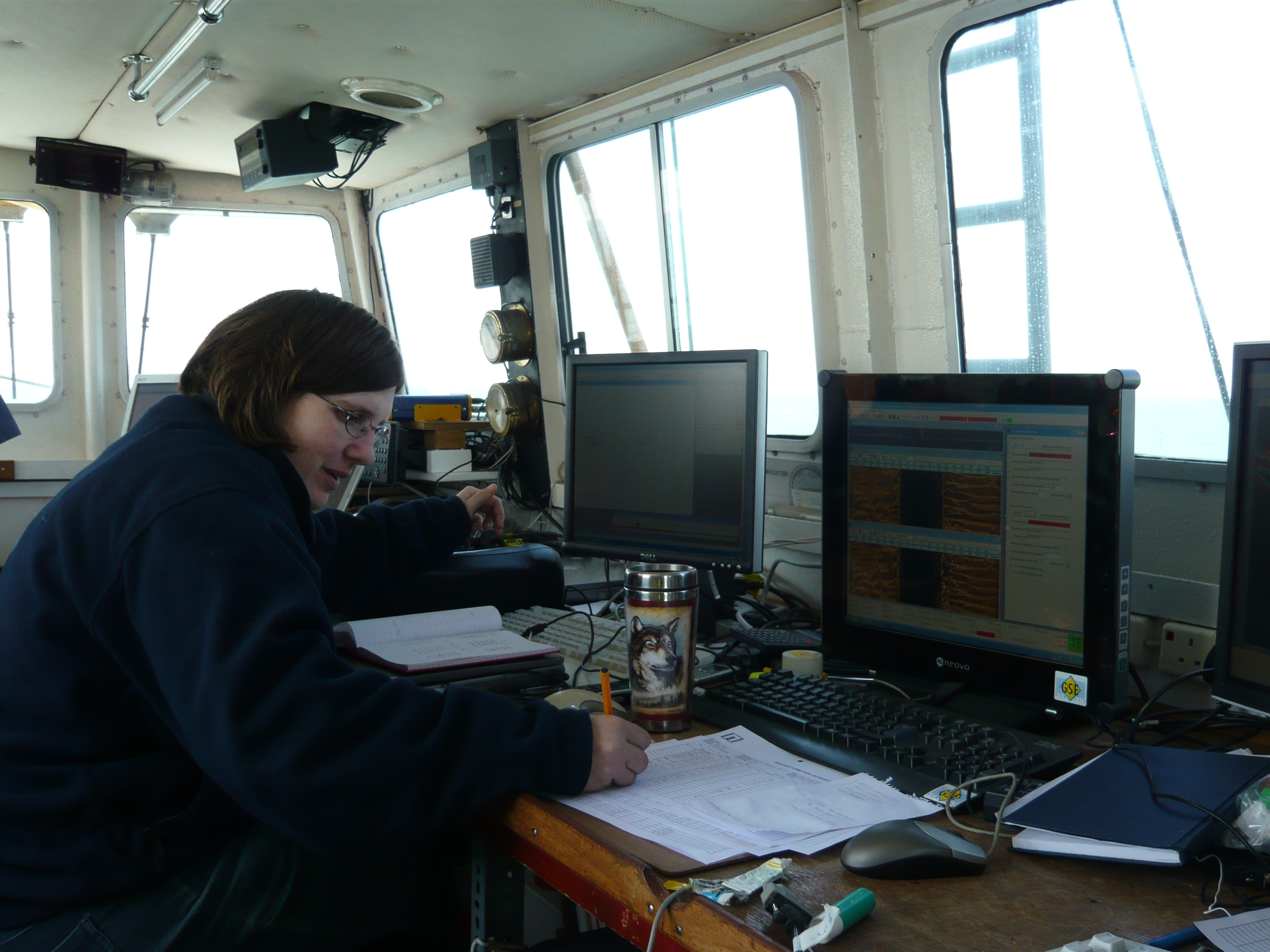All Categories
Featured
Table of Contents
Geophysics in Midvale Aus 2021

The primary design for the radial structure of the interior of the Earth is the preliminary recommendation Earth design (PREM). Some parts of this design have actually been updated by recent findings in mineral physics (see post-perovskite) and supplemented by seismic tomography. The mantle is mainly made up of silicates, and the limits in between layers of the mantle follow phase shifts.

This makes plate tectonics possible. Schematic of Earth's magnetosphere. The solar wind flows from left to right. If a world's magnetic field is strong enough, its interaction with the solar wind forms a magnetosphere. Early area probes mapped out the gross dimensions of the Earth's electromagnetic field, which extends about 10 Earth radii towards the Sun.
Inside the magnetosphere, there are fairly thick regions of solar wind particles called the Van Allen radiation belts. Geophysical measurements are usually at a particular time and location.
Geophysical Surveys: Definition & Methods in Midland Western Australia 2022
, integrates huge collaborates and the regional gravity vector to get geodetic coordinates. This approach only provides the position in 2 coordinates and is more challenging to utilize than GPS.
Relative positions of 2 or more points can be figured out using very-long-baseline interferometry. Gravity measurements entered into geodesy due to the fact that they were required to related measurements at the surface area of the Earth to the reference coordinate system. Gravity measurements on land can be used gravimeters deployed either on the surface area or in helicopter flyovers.
Satellites in area have actually made it possible to gather information from not only the noticeable light area, however in other areas of the electromagnetic spectrum. The worlds can be identified by their force fields: gravity and their magnetic fields, which are studied through geophysics and area physics. Measuring the modifications in velocity experienced by spacecraft as they orbit has actually permitted great information of the gravity fields of the planets to be mapped.
Geophysical Methods in Spearwood Australia 2021

Since geophysics is worried with the shape of the Earth, and by extension the mapping of functions around and in the world, geophysical measurements include high precision GPS measurements. As soon as the geophysical measurements have actually been processed and inverted, the interpreted outcomes are plotted using GIS.
Lots of geophysics business have actually developed internal geophysics programs that pre-date Arc, GIS and Geo, Soft in order to fulfill the visualization requirements of a geophysical dataset. Exploration geophysics is applied geophysics that typically utilizes remote noticing platforms such as; satellites, aircraft, ships, boats, rovers, drones, borehole sensing devices, and seismic receivers.
Aeromagnetic information (aircraft gathered magnetic information) gathered using standard fixed-wing airplane platforms need to be remedied for electromagnetic eddy currents that are developed as the aircraft moves through Earth's magnetic field. There are also corrections related to changes in measured potential field strength as the Earth rotates, as the Earth orbits the Sun, and as the moon orbits the Earth.
Career Guide: Geophysicist in Ridgewood WA 2020
Signal processing includes the correction of time-series information for undesirable sound or mistakes introduced by the measurement platform, such as airplane vibrations in gravity data. It also includes the reduction of sources of noise, such as diurnal corrections in magnetic information. In seismic data, electro-magnetic information, and gravity data, processing continues after mistake corrections to include computational geophysics which result in the final interpretation of the geophysical information into a geological analysis of the geophysical measurements Geophysics emerged as a separate discipline just in the 19th century, from the crossway of physical location, geology, astronomy, meteorology, and physics.
The magnetic compass existed in China back as far as the 4th century BC. It was not until good steel needles might be created that compasses were used for navigation at sea; prior to that, they might not retain their magnetism long enough to be helpful.
By looking at which of 8 toads had the ball, one might determine the direction of the earthquake.'s (1600 ), a report of a series of meticulous experiments in magnetism.
Geophysical Survey Next Step In Carbon Storage Study in Coogee Oz 2022
In 1687 Isaac Newton released his, which not only laid the foundations for classical mechanics and gravitation but also explained a range of geophysical phenomena such as the tides and the precession of the equinox. The first seismometer, an instrument efficient in keeping a constant record of seismic activity, was built by James Forbes in 1844. Dietmar; Sdrolias, Maria; Gaina, Carmen; Roest, Walter R. (April 2008). "Age, spreading out rates, and spreading out asymmetry of the world's ocean crust". Geochemistry, Geophysics, Geosystems. 9 (4 ): Q04006. Bibcode:2008 GGG ... 9. 4006M. doi:10. 1029/2007GC001743. S2CID 15960331. "Earth's Inconstant Magnetic Field". science@nasa. National Aeronautics and Area Administration. 29 December 2003. Retrieved 13 November 2018.
Runcorn, S.K, (editor-in-chief), 1967, International dictionary of geophysics:. Pergamon, Oxford, 2 volumes, 1,728 pp., 730 fig Geophysics, 1970, Encyclopaedia Britannica, Vol. Introduction to seismology (Second ed.).
Table of Contents
Latest Posts
Geophysical Survey In Archaeology in Samson WA 2023
Geology Careers: Degree Requirements, Cost & Salary in Subiaco Western Australia 2022
Geophysical Surveys: Definition & Methods in Armadale Western Australia 2022
More
Latest Posts
Geophysical Survey In Archaeology in Samson WA 2023
Geology Careers: Degree Requirements, Cost & Salary in Subiaco Western Australia 2022
Geophysical Surveys: Definition & Methods in Armadale Western Australia 2022